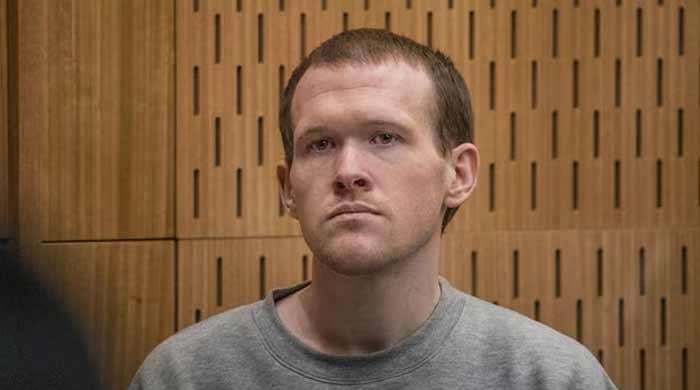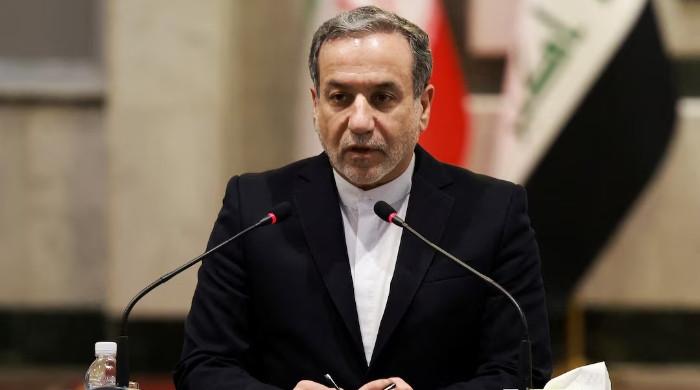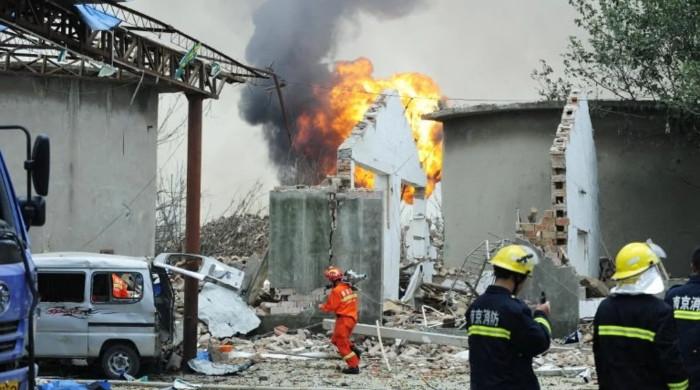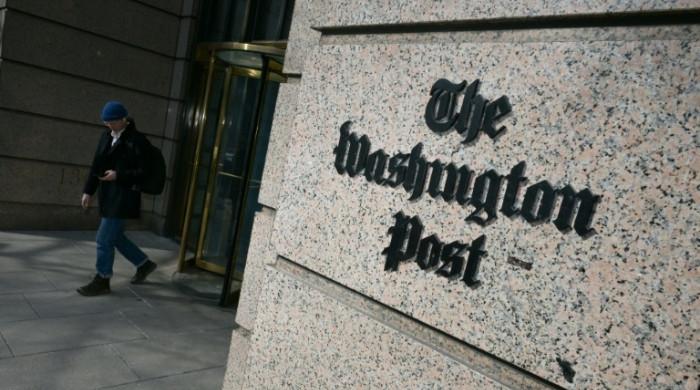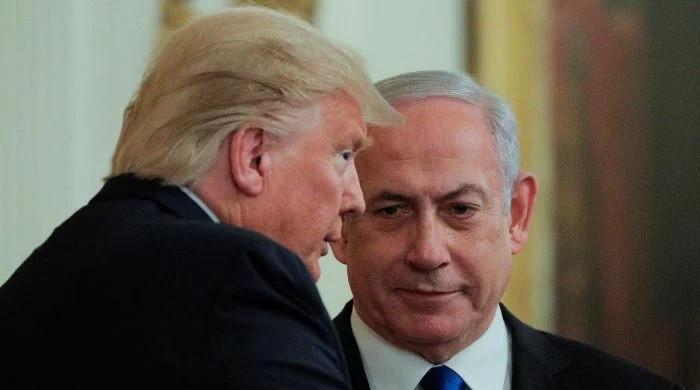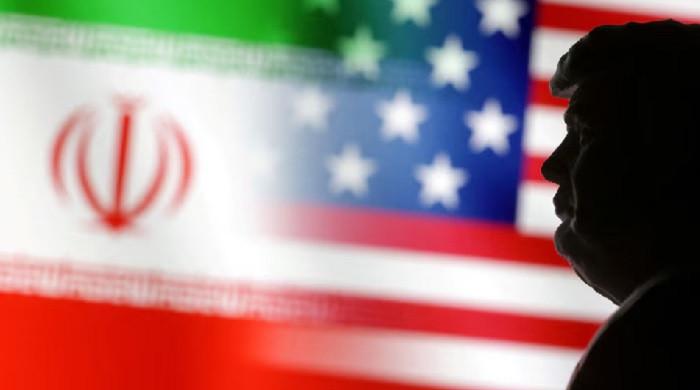UN rights office says Israeli settlement plan breaks international law
It says move will put nearby Palestinians at risk of forced eviction, which it describes as war crime
August 15, 2025
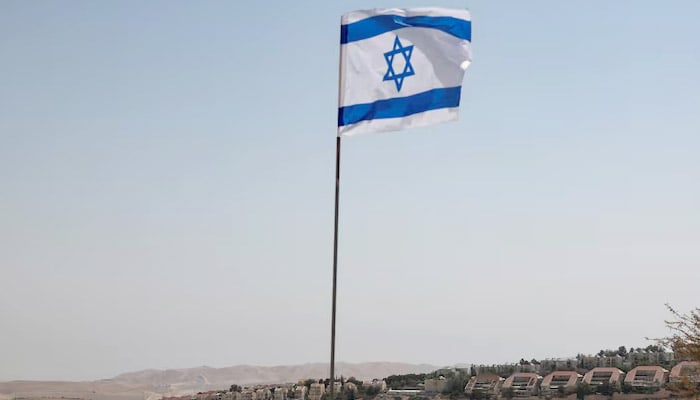
- Israeli minister vows project will “bury” idea of Palestinian state.
- UN warns plan will fragment West Bank into isolated enclaves.
- 700,000 Israeli settlers live among 2.7 million Palestinians in area.
The UN human rights office said on Friday an Israeli plan to build to build thousands of new homes between an Israeli settlement in the West Bank and near East Jerusalem was illegal under international law, and would put nearby Palestinians at risk of forced eviction, which it described as a war crime.
Israeli far-right Finance Minister Bezalel Smotrich on Thursday vowed to press on a long-delayed settlement project, saying the move would "bury" the idea of a Palestinian state.
The UN rights office spokesperson said the plan would break the West Bank into isolated enclaves and that it was "a war crime for an occupying power to transfer its own civilian population into the territory it occupies".
About 700,000 Israeli settlers live among 2.7 million Palestinians in the West Bank and East Jerusalem. Israel annexed East Jerusalem in 1980, a move not recognised by most countries, but it has not formally extended sovereignty over the West Bank.
Most world powers say settlement expansion erodes the viability of a two-state solution by breaking up territory the Palestinians seek as part of a future independent state.
The two-state plan envisages a Palestinian state in East Jerusalem, the West Bank, and Gaza, existing side by side with Israel, which captured all three territories in the 1967 Middle East war.
Israel cites historical and biblical ties to the area and says the settlements provide strategic depth and security, and that the West Bank is "disputed," not "occupied".




